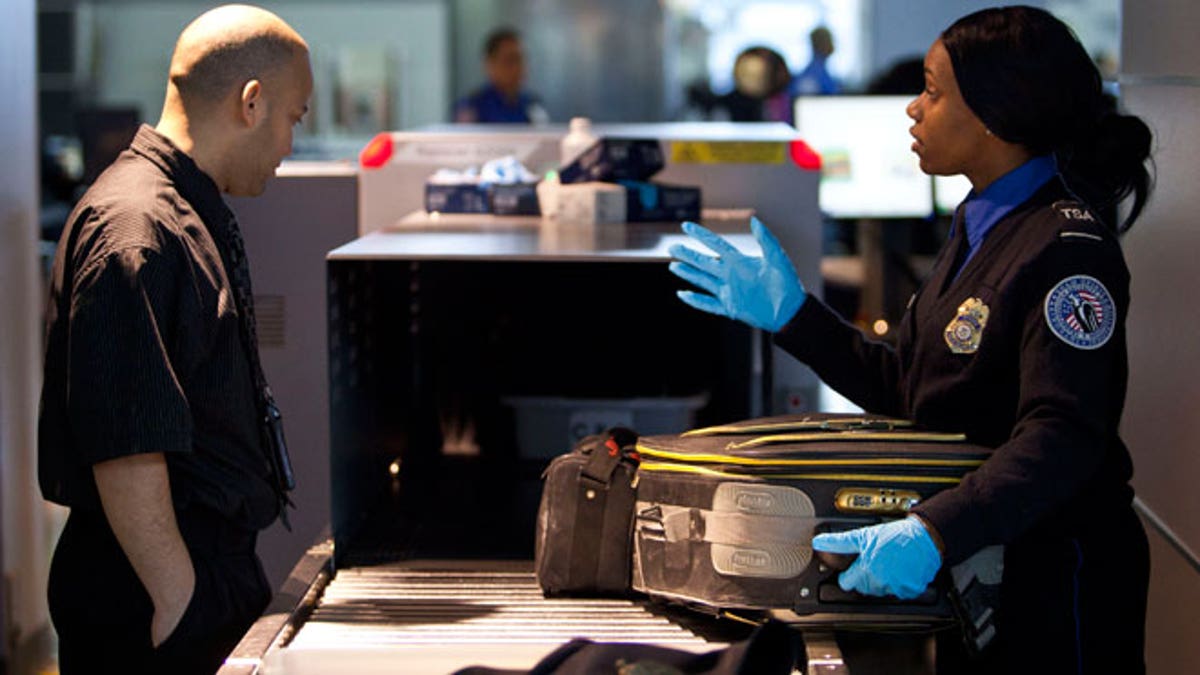
(REUTERS)
The Transportation Security Administration is under fire again - this time the heat is coming from its former director, Kip Hawley. Claiming that “airport security in America is broken”, Hawley thinks the TSA focuses too much on trying to eliminate 100% of risk from flying by creating and enforcing ridiculous regulations instead of taking a smarter, more proactive approach to risk management.
Hawley’s suggestions for fixing the airport security checkpoint problem include eliminating baggage fees so travelers don’t overstuff their carry-ons, making it harder for TSA personnel to detect dangerous items; doing away with the “banned items” list (except for weapons and toxic materials), which tells terrorists exactly what not to use for the next attack; and randomizing security to make the screening process less predictable.
While those ideas would certainly be welcome changes for travelers weary of long security lines, it’s likely only blue sky thinking at this point. For one, bag fee eradication would be a tough sell to airlines.
Although some of Hawley’s suggestions are unlikely to be implemented in the near future, TSA acknowledges security checkpoints are indeed a major annoyance for travelers and has shown some initiative in becoming more user-friendly. Here are some recent programs they’re testing in hopes of getting you to your gate faster.
Speeding up seniors. Usually, the bottleneck of the security screening process is waiting for other travelers to take off their shoes, especially if they’re not wearing slip-ons. Good news for fliers over 75 - the TSA is launching test programs at O’Hare, Denver, Orlando and Portland allowing the elderly to keep their shoes and light jackets on during screening. Those airports were chosen for the pilot program due to their high volumes of senior travelers.
PreCheck program expansion. The TSA’s pre-screening initiative, currently in place at 12 major airports (but only for certain airlines), is expanding this year to 23 more airports around the country. Airline frequent flier program members and other approved travelers can opt-in to the program which allows them to use an expedited security lane where they aren’t required to remove their shoes, belt, or jacket, or laptop and toiletries from carry-on baggage.
Electronic document checking. The newest initiative to increase efficiency, accuracy, and speed at security checkpoints are electronic ID and boarding pass scanners installed at Washington Dulles, with Houston’s George Bush Intercontinental and San Juan, Puerto Rico test programs starting later this month.
The concessions made by the TSA aren’t ground-breaking or revolutionary, but they do show an effort to acknowledge travelers’ complaints and reduce some of the hassle associated with the screening process.




















